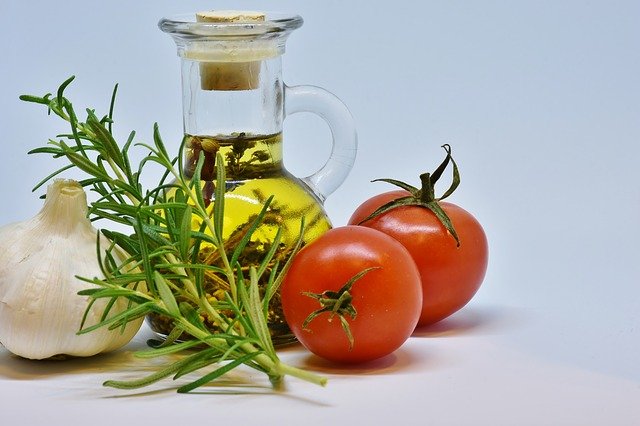Developing healthy eating habits is important for everyone. It’s especially crucial for those who are recovering from substance abuse or alcohol addiction. Drugs and alcohol can affect organ function and metabolism. According to research, they reduce the body’s ability to absorb nutrients. This can result in malnutrition. During the healing process, it’s important to make good food choices to aid physical repair, boost energy, and enhance your immune system. Eating the right foods can also benefit your mental health, improving your chances of successful healing. Here’s how eating well to heal your mind and body during recovery can be made easy.
Don’t skip a meal.
It’s easy to mistake hunger for substance or alcohol cravings, so make sure that you don’t skip a meal. Eat three meals a day – plus snacks so you don’t get too hungry. Try to eat fresh produce and home-cooked meals as much as possible. If you don’t have time to go to the grocery store, consider having meal kits delivered so you can cook hearty meals with clean ingredients.
Aim to eat small meals, since eating too much food in one sitting can trigger nausea, which is common during the detoxification process. You may also want to eat foods that are easily digestible and are gentle on the stomach, such as soups and broths.
Remember to eat mindfully, paying attention to the food that goes into your body, and stop eating when you feel full. Take the time to appreciate your food, take small bites and eat slowly to avoid indigestion.
Choose foods that will aid recovery.
Some foods can help to repair damage brought about by substance or alcohol abuse. Tofu is packed with protein and can be a healthier option than meat products. It can help to repair liver damage by engaging the organ’s function, enabling it to slowly recuperate. Yogurt can help to restore the digestive tract and is especially beneficial to those who are experiencing constipation or diarrhea due to alcohol use. Consuming whole grain pasta and bread can also help to repair the digestive system. Eating vegetables can restore nutrition levels and improve the look of your hair, skin, and nails. Don’t forget to keep hydrated by drinking lots of water, decaffeinated teas, and fresh fruit juices.
Eat for mental wellbeing.
Your mental health should also be a priority during recovery. While a counselor can help you during the process, consuming certain foods and following healthy meal plans can also help to improve your mental wellbeing. For instance, following the Mediterranean diet can help brain health. It focuses on eating fatty fish like tuna or salmon, fruits and vegetables, whole grains, and whole nuts and olive oil can help to reduce the risks of developing depression. Limiting your sugar intake can help to prevent anxiety while eating berries, dark chocolate, and fermented foods such as yogurt, kefir, and kimchi can help to boost your mood.
The right food choices can help improve your mental and physical health during recovery. Remember to eat mindfully, and pick fresh food over processed fare to help you on your way towards healing.



2 Comments
I am hoping a tremendous outcome in my recovery.
Thank you